This year, the Alliance completed its year-and-a-half-long process to revise the FIP Guidelines. The Global Hub member-led process resulted in a more robust set of Guidelines that now include social responsibility requirements and guidance for FIPs on financial responsibility.
In deciding whether your group will sign the Guidelines, please consider this: the revised Guidelines offer increased consistency and clearer expectations — creating a level playing field for FIPs. The Guidelines set a minimum expectation for basic actions all FIPs must take. The Guidelines are a framework for performance, creating the consistency and transparency needed by buyers making FIP sourcing decisions.
While the FIP community works to meet the new social requirements outlined in the Guidelines, it will be important to evaluate the impact of these efforts on fishers. FisheryProgress is developing a Monitoring and Evaluation plan that will assess the impact these steps are having. We appreciate FisheryProgress’ openness to conducting this review as well as those organizations that are raising questions about impact to ensure that this policy is creating the positive change for workers that we all aim to achieve.
We know that human and labor rights are a nuanced and complicated topic. Some companies and NGOs are working toward best practice while others are taking a stepwise approach, and still, others are unsure how to address the topic in their supply chains.
That said, the difficulty of this topic is not a reason to not press forward. The Guidelines are a necessary step forward, not the final destination. We should celebrate incremental improvement while striving for best practice in the long term.
The Alliance will continue to hold conversations to understand the needs of FIPs; namely, the need to expand FIP capacity, provide more extensive funding for FIPs, and increase buyer demand for environmentally and socially responsible seafood.
Our community identified social responsibility as the top challenge to address in the next few years. It is not simple work and we will need to learn and adapt as we create strategies and solutions that protect workers. As a community, we owe it to seafood workers and the ocean to engage. Join us today in taking this important step towards social responsibility by adding your name to the FIP Guidelines.
